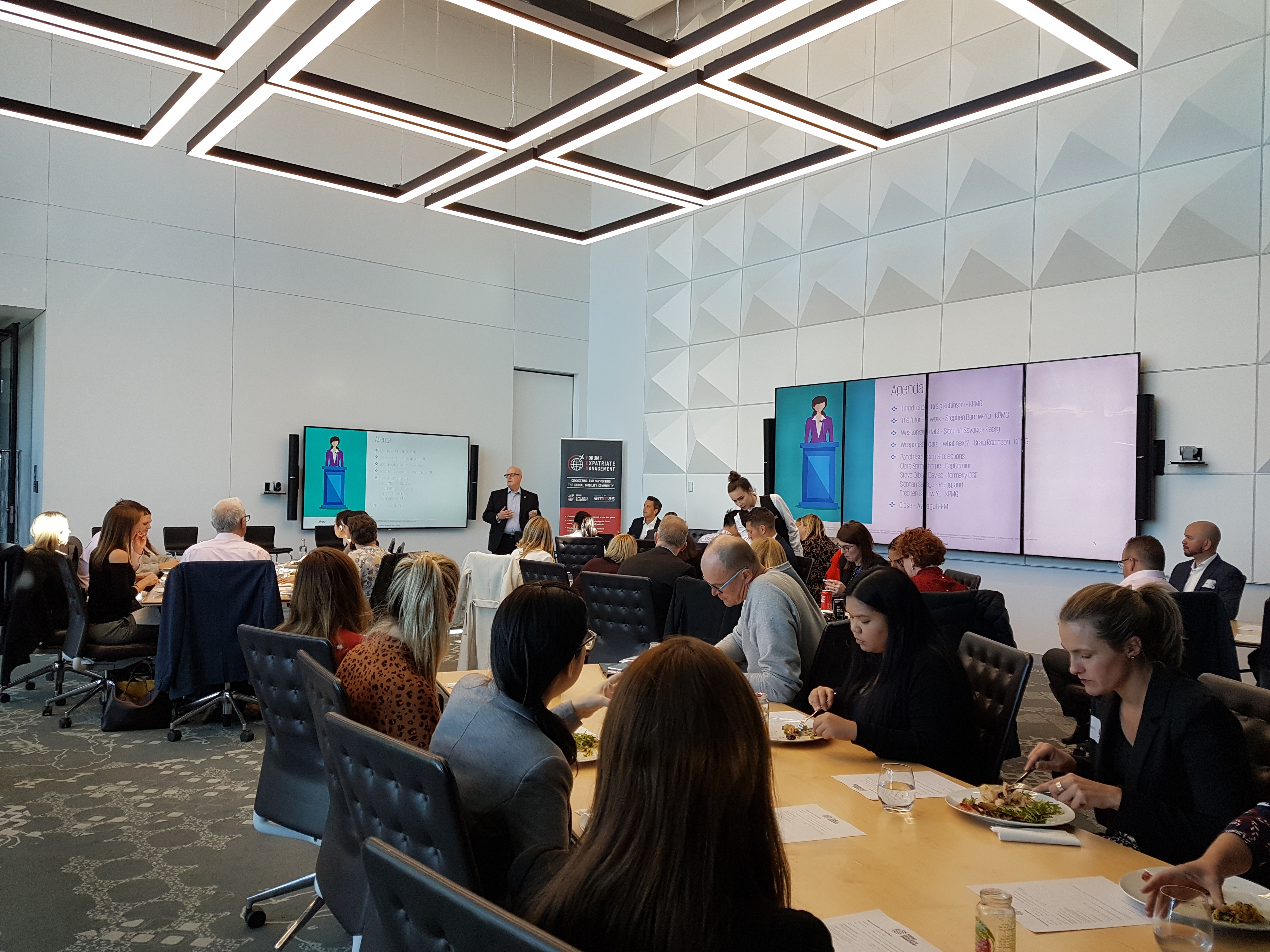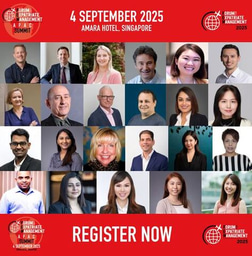The war for talent is fierce – how can you weaponise global mobility?
From knowing where your people are, understanding what’s stopping them from taking that international opportunity, all the way through to understanding the trends and indicators which provide insight into whether an international relocation is successful!

Like
Be the first to like this
A survey was sent out to the community to collect data on a number of questions, and using this live data, we examined the role that data management and analytics can play in supporting global mobility programs.
Presentations from Stephen Barrow-Yu, KPMG on the “Future of Work”; Craig Robinson, KPMG and Siobhan Savage, REEJIG on “Weaponising Data” were then followed by a panel discussion that also included Steve Gilbert-Davies (recently left)QBE and Claire Springthorpe, Cap Gemini. Some of the discussion points (Questions) were:
- Open question to audience to kick off – how many currently run GM specific data reports & how many utilise that information?
- What one thing would you love to know about your mobility population that you do not have access to or struggle to obtain?
- How do you track employee retention both on and post assignment/relocation?
- What factors have most influenced the success or failure of assignments/relocations in your experience?
- What do you expect the role of global mobility to be in talent management over the next 3 years?
- How will you manage the global mobility challenges posed by the increased use of a contingent workforce/GIG arrangements?
- What data and information would enable you to make better decisions in respect of your globally mobile employees?
- How would data help enable/support discussions on GM with the business/HRBP’s?
- Would data help tailor your global mobility program to the business and your people?
Sharing some of the survey response summaries:
- As age increases, people become less likely to pursue a move overseas (short, long or permanent). So there appears to be a need to incentivise the most experienced staff to move. Others in the room responded that this was not the case for their staff. The empty-nesters in particular were more mobile. This is something that may need further exploration. It may even be industry specific.
- The larger the immediate family, the more reluctant women were to travel. This was not the case for men. How do you incentivise your female staff with children to relocate? Or how else can you make their skills available worldwide?
- 73.5% of staff would be interested in a gig role in addition to their current workload
- Most people think AI and robotic automated processes will be the biggest difference to the workforce…






Please sign in or register for FREE
Sign in OR sign up to become a registered The Forum for Expatriate Management website user
Subscribe here